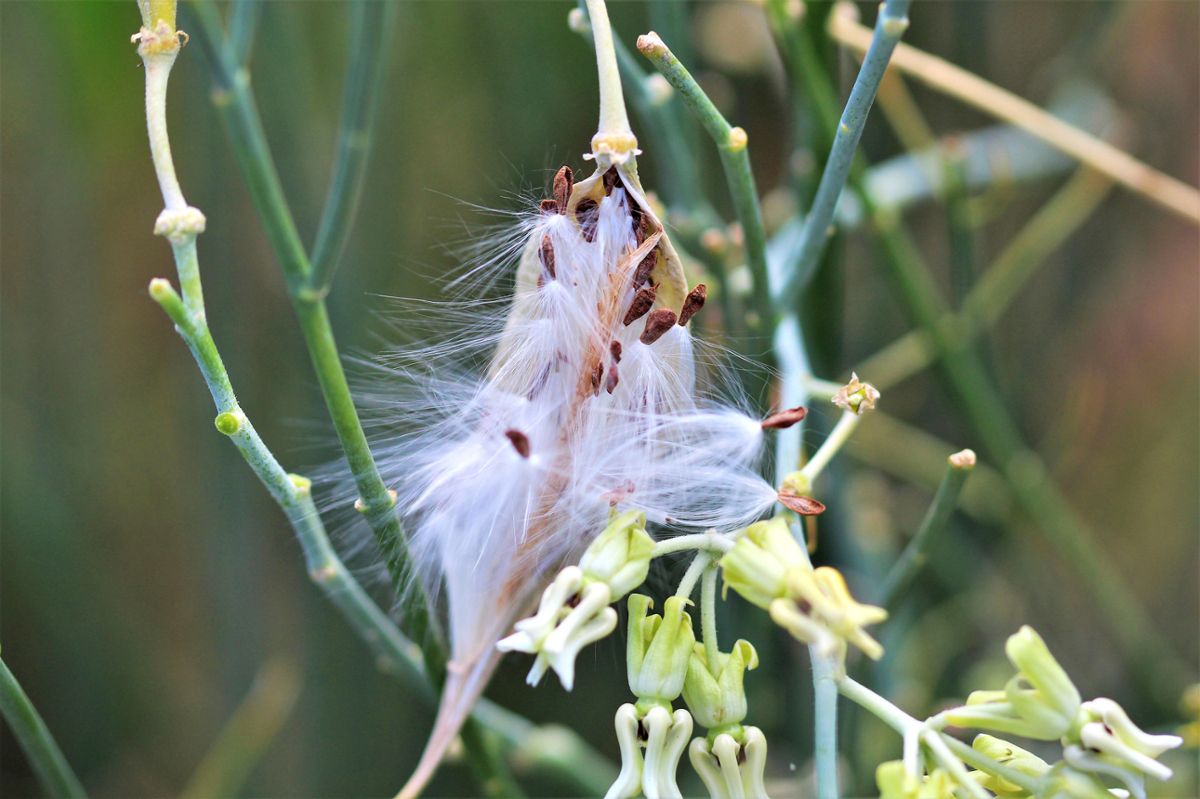Seeds are important for many things, from everything bagels to starting a garden, but can they be the key to preserving habitats for monarch butterflies? Research from The Chicago Botanic Garden and Northwestern University adds to our understanding of the conditions in which seeds of milkweed–the host plant for monarch caterpillars–can sprout, which may help with creating more climate change-resilient habitats for monarchs.
These conditions are known as the germination niche, which are the environmental conditions allowing the milkweed to grow from seed. Milkweed seeds requiring narrower germination conditions may be impacted more by climate change than those which germinate in a wide variety of environments.
To learn how the size of these germination niches varies in milkweeds, the researchers studied three different milkweed species native to the US. The researchers collected seeds of all three species near Minneapolis, Chicago, and St. Louis, and recorded how much they sprouted after exposure to conditions mimicking current and future winters and springs.
The researchers found that in two species, seeds collected from milkweeds farther north grew in a wider variety of conditions than their southern counterparts. However, one species found in specialized, swampy habitats sprouted in narrower climate conditions in the northern-most part of their range. Because of this, the researchers conclude that assumptions about germination conditions shouldn’t be generalized across similar plant species and that ecosystem restoration projects should account for different germination requirements to ensure diverse plant communities are planted.
Since milkweeds are so closely tied to the survival of monarch butterflies, a greater understanding of the germination niches of different milkweed species can give the monarch butterfly a wider path towards future survival.










